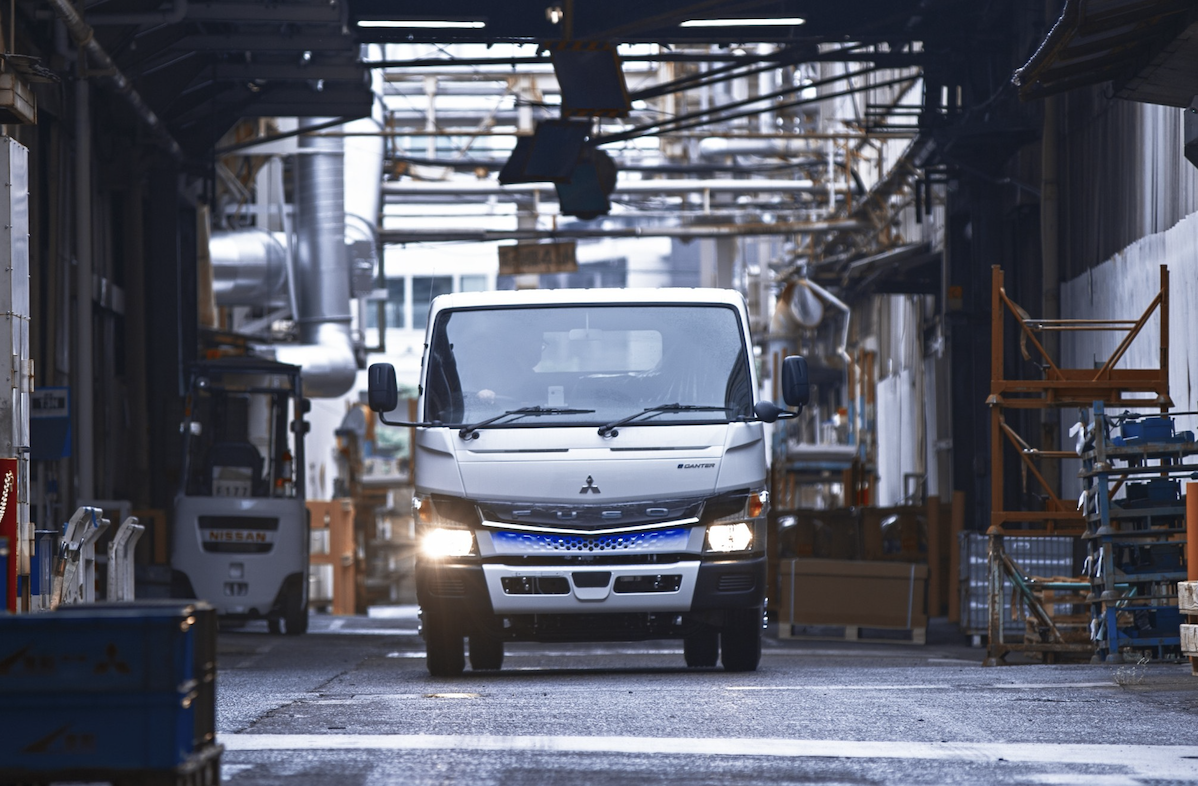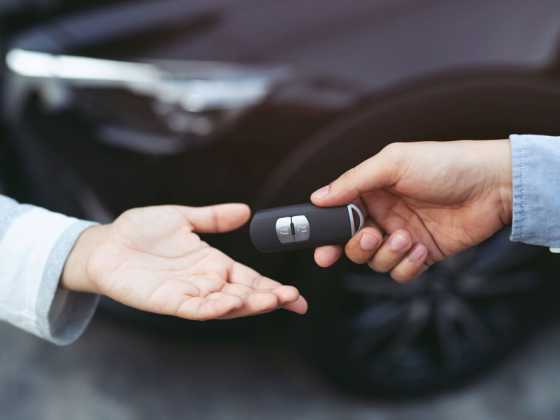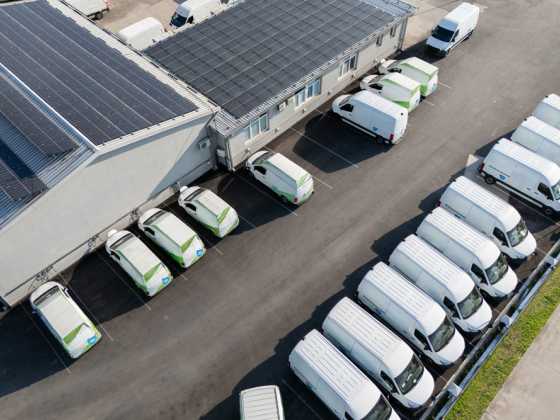Grants extended for plug-in vans and trucks

The Government has confirmed that the plug-in van and truck grants will be available for an additional two years, until 2024/25, but will change the eligibility criteria from the spring to focus on heavier vehicles.
From 1 April 2022, the threshold to claim the small truck grant of up to £16,000 will be increased from 3.5 tonnes to 4.25 tonnes. Vans up to 4.25 tonnes will be able to claim the large van grant of up to £5,000.
The Department for Transport says this will ensure government targets support where it’s most needed, allowing for heavier and more costly trucks, up to 12 tonnes, to benefit from the higher grant funding.
Denise Beedell, Public Policy Manager at Logistics UK, comments: “Logistics UK is pleased that the Plug-in Van Grant will be extended to at least 2024/25; this certainty will help to support business planning for van operators. Although the amount of individual grants payable per van over 3.5t has reduced from £16,000 to £5,000, this reclassification within the grant thresholds means that operators purchasing alternatively fuelled vans up to 4.25t will now be eligible for up to one thousand plug-in van grants per year, instead of only 25 plug-in truck grants.”
Kickstarting the market
Last year, industry figures showed the UK had the highest number of plug-in electric vans sold in Europe and there were around four times as many grant applications compared to 2020.
Existing grants have supported the purchase of more than 26,000 electric vans and heavy goods vehicles (HGVs) across the UK since the programme launched in 2012.
Transport Minister Trudy Harrison said: "As demand for electric vehicles continues to grow at speed, this extension to our grant scheme will allow tens of thousands more vans to be purchased, transporting goods in a way which is kinder to our environment. This will support our vital, ongoing work to clean up our air in towns and cities right across the country and build back greener."
Licence to drive electric vans
As well as the extension to grant schemes, the government has also announced it will continue to allow drivers holding standard car driving licences to drive electric goods vans at a higher weight limit, up to 4.25 tonnes (compared to a 3.5 tonne limit for diesel vans).
This takes into account the additional weight of electric vehicle batteries and makes it easier for businesses and drivers to make the switch.
Denise Beedell, Public Policy Manager at Logistics UK, comments: “The derogation is seen by van operators as a vital measure to support the decarbonisation of the van fleet; it will give commercial vehicle operators confidence in investing in zero emission technology. This announcement also should encourage more training providers to offer the compulsory five-hour training course required to be fully compliant before driving using the derogation.
Perfect timing
The grant extension comes "at the perfect time" for the fleet industry, says BVRLA Director of Corporate Affairs, Toby Poston, as the industry struggles with rising operating costs and global shortage of electric vans.
He says: “The two-year extension on the grant will enable van operators to plan their fleet upgrades with greater confidence.
“This prolonged van grant was a key pillar of the ‘Van Plan’ that the BVRLA launched last year and we are delighted that the Government has responded to our campaign.
“The electric van market continues to lag behind the electric car market and next year was not the time to remove this vital grant.
“As the funds available to support the transition to zero emission diminish, we support the Government’s pragmatic steps to focus on sectors that need the most help in the build up to the 2030 phase-out.”
The Society of Motor Manufacturers and Traders (SMMT) also welcomed the news on the extension of the grant as a boost to the commercial vehicle market. Mike Hawes, SMMT Chief Executive, said: "Extending the Plug-in Van Grant is welcome as it will encourage more operators to make the switch to electric vehicles over the next three years. Furthermore, the confirmation of the continuation of the current licensing regulations will make it easier to recruit drivers for the heaviest electric vans.
"While the van market saw record electric uptake last year, it remains some distance behind cars, with battery electric vans making up just 3.6% of new registrations. The speed of uptake must be increased, therefore, which requires attractive incentives and significant investment in EV charge points especially those that meet the specific needs of commercial vehicles in every region of the UK."
Meanwhile, Jacob Roberts, Transport Policy Manager at the Association for Renewable Energy and Clean Technology (REA), said: “With the majority of vans being fuelled by diesel, transitioning to electric vans is essential, not only to decarbonise road transport, but to protect businesses against rising fuel costs and dependencies on imported fuels too.
“For this reason, we are delighted that the Government has committed to extend the plug-in van grant for at least two years. Combined with the expansion of funding available to support businesses to install charge points at their places of work, this will allow more businesses to access the benefits of zero-emission vans.”
Charging grants
The government also offers a Workplace Charging Scheme (WCS), which is a voucher-based scheme that provides support towards the upfront costs of the purchase and installation of electric vehicle chargepoints.
The WCS is open to businesses, charities and public sector organisations that meet the applicant and site eligibility criteria.
The grant covers up to 75% of the total costs of the purchase and installation of EV chargepoints (inclusive of VAT), capped at a maximum of £350 per socket and covering up to 40 sockets across all sites per applicant. This means if you would like to install charge points in 40 sites, you will have one socket available per site.
Once the chargepoint have been installed, the authorised installer can claim the grant from OZEV on the applicant’s behalf. The chargepoint installation must be completed and the voucher claimed within six months of the voucher’s issue date.
Image shows FUSO eCanter






